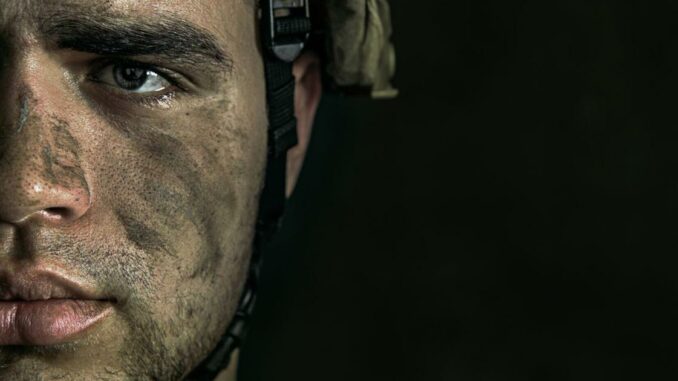
When soldiers came home from World War I and experienced flashbacks and nightmares, it was called shell shock. Years later, Vietnam vets were often told to repress memories rather than deal with them.
Since the 1980s, Post Traumatic Stress Disorder has been an official diagnosis for a disorder that develops in some people who have experienced a shocking, scary or dangerous event.
Almost everyone experiences a range of reactions to trauma, though most people recover naturally. But those with PTSD continue to experience problems, and often feel stressed or frightened even when they are no longer in any danger.
According to the National Institute of Mental Health, to be diagnosed with PTSD an adult must have all of the following symptoms for at least one month:
• At least one re-experiencing symptom, which includes flashbacks with physical symptoms, bad dreams or frightening thoughts.
• At least one avoidance symptom, which includes staying away from anything that is a reminder of the traumatic experience, and avoiding thoughts or feelings related to the traumatic event.
• At least two arousal and reactivity symptoms, which includes being easily startled, having difficulty sleeping, feeling “on edge” or having angry outbursts.
• At least two cognition and mood symptoms, which includes trouble remembering key features of the traumatic event, negative thoughts about oneself or the world, distorted feelings like guilt or blame, or loss of interest in formerly enjoyable activities.
Jacklyn Ruhl, PhD
“There is a genetic component to this disorder,” said Jacklyn Ruhl, PhD, an Ochsner psychologist. “In fact, the National Institutes of Health has said genetic risk factors account for 30-40% of PTSD. Trauma can be generational — passed down in your DNA to your descendants.”
Anyone can develop PTSD at any stage of life. This can include children who’ve experienced sexual abuse, war veterans, victims of sexual assault and those who’ve experienced horrific accidents or natural disasters. The sudden loss of a loved one, a home or a job raises the risk of PTSD.

Leave a Reply